The Watchdog notes: These images have been resized and compressed for web delivery. Please do not make any conclusions about the DV format based on the quality of these images. Submitted by Jim Kinsey, with explanatory text below.
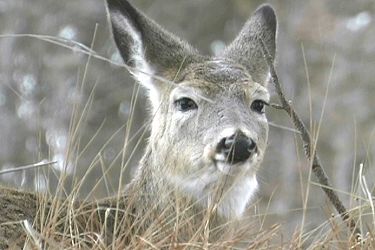
Deer bedded down on the National Bison Range at appx. 40 yds.
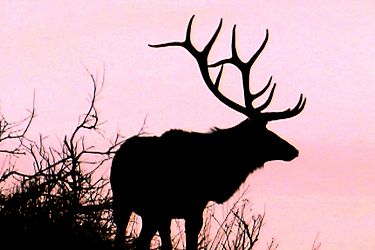
Elk sunset in the Bitterroot Valley at appx. 300yds.

Hornbill in Shimba Hills Park (Kenya) at appx. 20 yds.
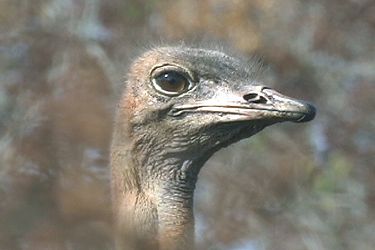
Ostrich in Shimba Hills Park (Kenya) at appx. 40 yds.
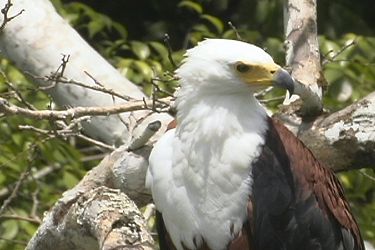
Fish Eagle in Kwale District, Shimba Hills Park at appx. 100yds.
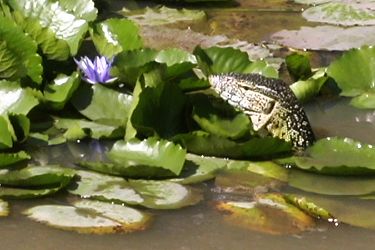
Monitor Lizard in Shimba Hills Park at appx. 100 yds.
Jim Kinsey notes: My crew consisted of Director Gene Bernofsky, Ken Furrow and myself. Gene is an International Award winner in last years' International Wildlife Film Festival. He was also featured in the Summer 1999 issue of Audubon magazine. Ken Furrow shoots for CNN and PBS. Gene hired me as 2nd unit camera operator. We planned this trip to Kenya a year in advance, and did the shoot on a budget of US$10,000. All of the gear was "carry-on luggage" only. The film will be titled Dongo Kundu (Swahili for "red earth"). We left for Africa on February 10, 2000 and arrived in Nairobi the next day. We spent four days there and then drove by jeep to Mombassa. The remainder of our trip was spent along the coastal region, filming the indigenous people and wildlife, which five proposed titanium mines will destroy. The mining company is "Tiomin, Inc." from Canada. If the mines go in, tens of thousands of people will be displaced. Also, the location where most of the shots above were taken, Shimba Hills Park in the Kwale District of Kenya, will be deeply affected. That's why we were there, to get this beautiful country and its people on tape and to share it with the world.
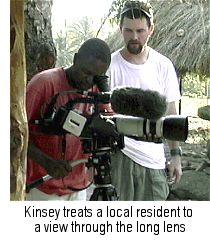 My XL1 underwent extreme shooting conditions ranging from saltwater spray to the fine red dirt that seems to get on everything. I simply kept it clean as I could, and wiped it down at the end of each day. This is some camera! The CH-910 dual battery charger came in handy, as we were always recharging our batteries. The stand-by mode is a great feature. While filming in Tsunza, we were with out any power source for four days and had to shoot lots of B-roll. We were constantly powering down to save our batteries.
My XL1 underwent extreme shooting conditions ranging from saltwater spray to the fine red dirt that seems to get on everything. I simply kept it clean as I could, and wiped it down at the end of each day. This is some camera! The CH-910 dual battery charger came in handy, as we were always recharging our batteries. The stand-by mode is a great feature. While filming in Tsunza, we were with out any power source for four days and had to shoot lots of B-roll. We were constantly powering down to save our batteries.
I used the Canon 100-400mm EOS lens to take these shots. I believe with this lens your creativity is unlimited. There are two settings, 1.8 meters to infinity and 6.5 meters to infinity along with two stabilizer modes. I found that by setting the shutter speed high with this lens, I am able to see the sun spots on our sun at the full focal length (at sunset). The XL1 EF adapter multiplies the focal length by 7.2, so you get a 750-3000mm lens. The video I am getting of wildlife in frame mode is stunning... I am now able to get shots I otherwise would not have even attempted.
Jim Kinsey
Cinnabear Outdoor Video
1026 1/2 South Third West
Missoula, MT 59801
cinabear@bigsky.net